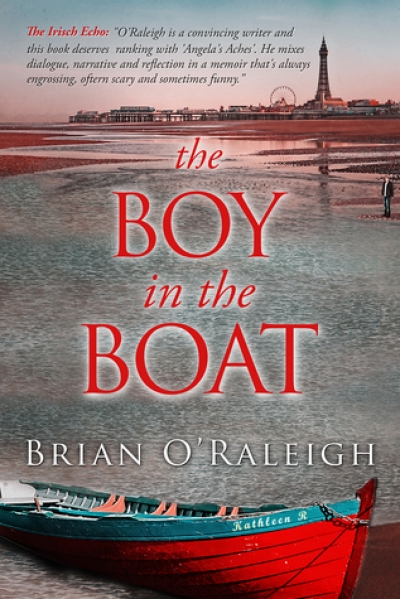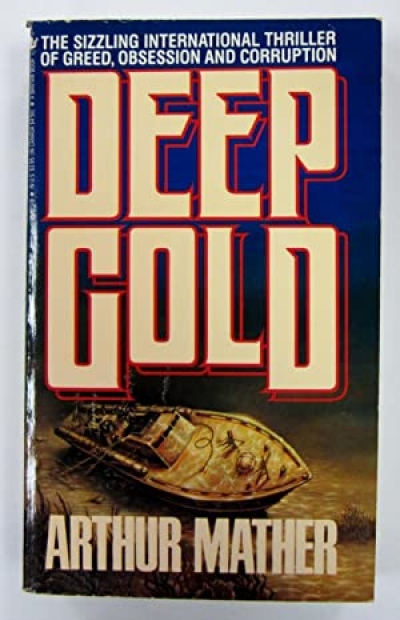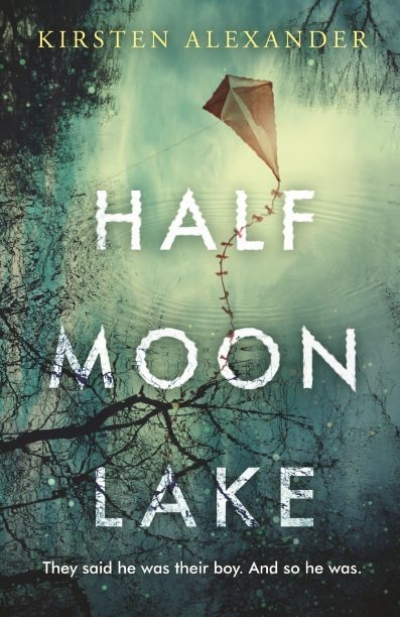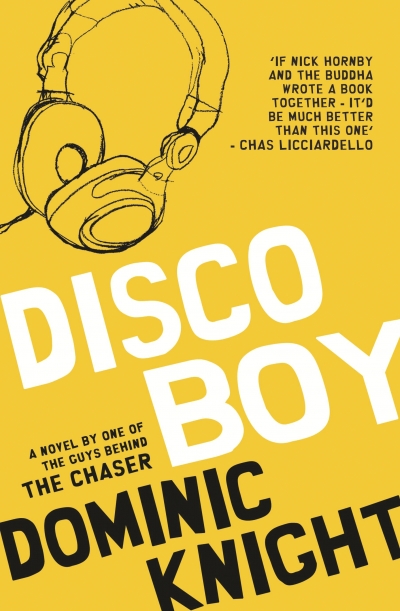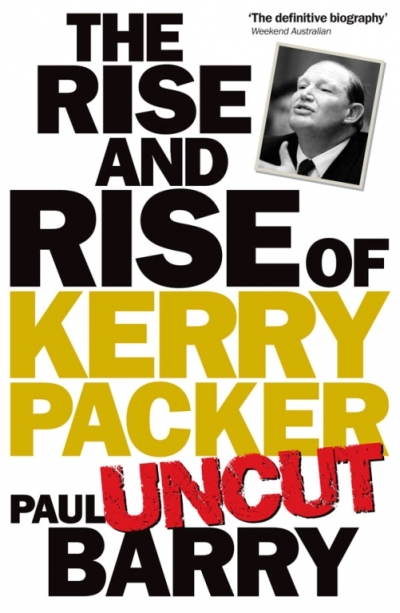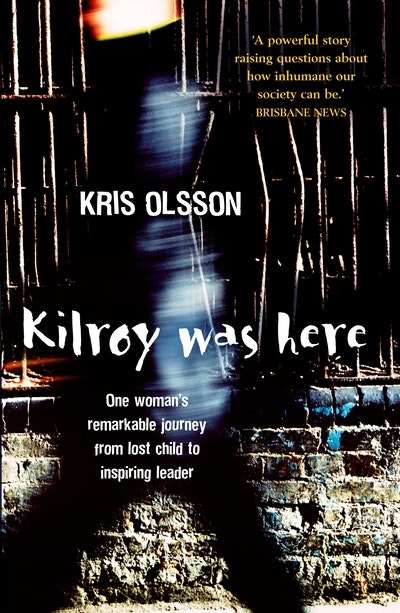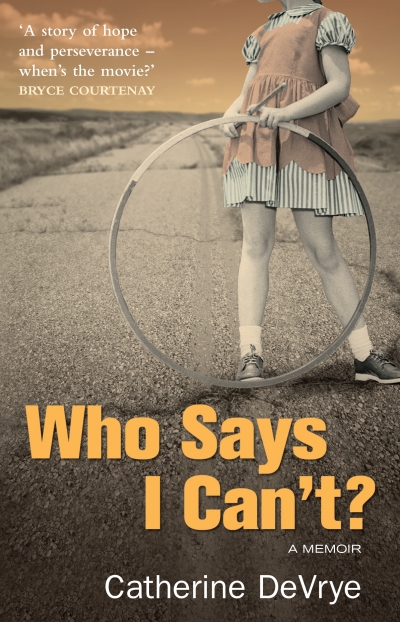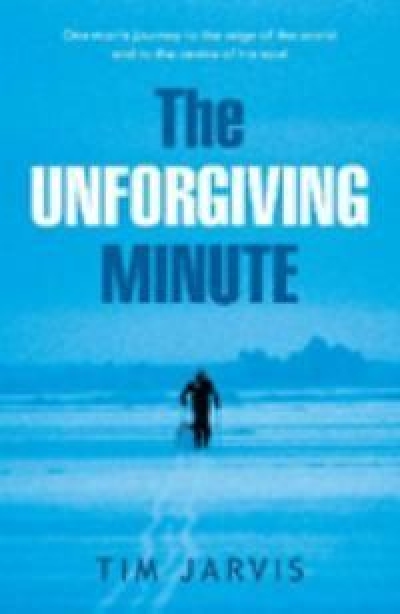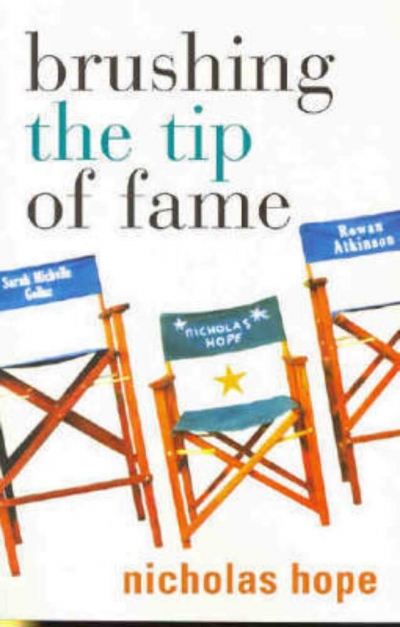Bantam
The Boy in the Boat by Brian O'Raleigh & A Story Dreamt Long Ago by Phyllis McDuff
Deep Gold by Arthur Maher & Seven Miles from Sydney by Lesley Thomson
You wouldn’t envy any writer releasing a novel at the moment, due to the difficulties getting books in front of readers, yet recent UK statistics indicate a surge in crime fiction sales following the relaxing of lockdown restrictions and the reopening of bookshops. It’s hard to say whether the same optimistic reading of the crime fiction market in Australia holds true, though two new crime novels by début authors – Kyle Perry’s The Bluffs (Michael Joseph, $32.99 pb, 432 pp) and Katherine Firkin’s Sticks and Stones (Bantam, $32.99 pb, 392 pp) – appear to have well and truly jumped out of the blocks. And it’s fair to assume that, given the international commercial and critical success of Megan Goldin’s terrific début novel, The Escape Room, her new book, The Night Swim (Michael Joseph, $32.99 pb, 352 pp), will appeal to antipodean readers this winter.
... (read more)
